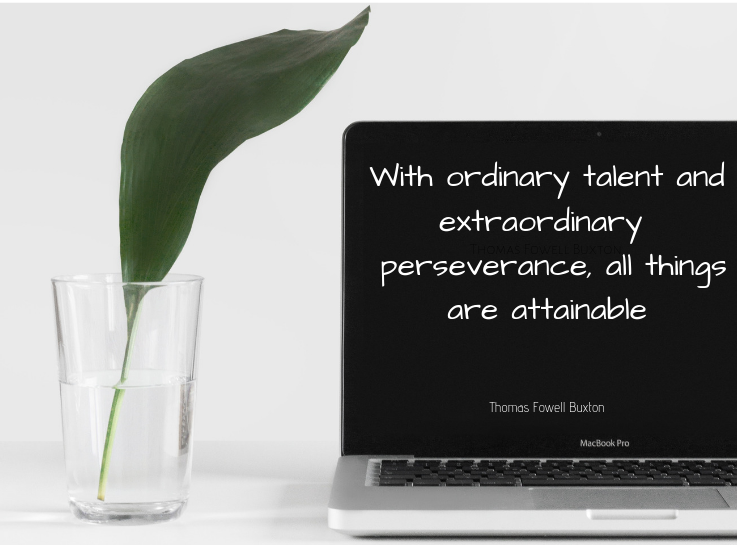The pain in her voice is so clear I can see it, even through the phone. “Are you with me?” She asks, seeking affirmation and assurance. It is a dark season filled with rejection and loss. All the usual sources of support have been withdrawn. Now she turns to me, her only hope.
“Are you with me?”
It’s a question I’ve asked so many times before. So often I have sought compassion and understanding from those I considered friends. Being “with me” is both physical and psychological. When I ask this question, I’m really asking “do you understand where I’m coming from, how I feel, what I’m thinking?” Understanding is everything! For someone to literally and figuratively stand under the situation with me is to share my pain and simultaneously lessen the sting.
Being “with me,” physically, means going through this experience at the same time that I am—by my side. You will know what I feel, know the difficulty I’m in because you’re in it too. Going through it with another person somehow makes it bearable. At least I’m not alone because you’re “with me.” Sharing one another’s burden, listening with compassion and understanding, it’s like gold to a poor man or breath to the dying!
Yet, so often, you are not “with me.” Often I feel disconnected because people—for various reasons—are not able. They don’t share my past, my mind, nor my emotions; they merely observe from afar. So, what then? Must I walk alone?
No.
“The Lord your God will be with you wherever you go.” The reality is, God is the only one who actually can say this with assurance. He is the only one who actually does know my past, my present and my future. He is the only one who has already walked through my hardest night. He’s traversed the valley of the shadow of death so I don’t have to fear. He actually is “with me” all the time because He’s omnipresent and because He made me and knows me better than any person can. I can call out to Him in my mind or from my mouth, and He will hear me either way. What comfort!
But, perhaps you are thinking, “yeah, but even if I believe He’s real, He’s not a physical presence. I still need the warmth of human touch.
“Are you with me?” Her voice drifts through the phone line and my heart throbs with her pain.
“Yes.” I understand what she is going through because I’ve been through it too. As I offer her comfort I recognize the comfort that I have also received. The knowledge of His presence strengthens me. I’m able to walk through my own difficulties and extend my hand to her as well. He demonstrates His presence through the presence of people. If we trust Him and wait, He will always send us a physical manifestation of Himself.
So, together, we move forward onto this dark path, but we go with courage–not because it’s easy–but because, in every sense of the word, He’s with us.

Photo by Anthony Tran on Unsplash
Life is hard sometimes, but we don’t have to walk this road alone. Help is available!
If this topic hit home for you, see also Michele Cushatt’s “A Bad Rule That Needs to Be Broken”



